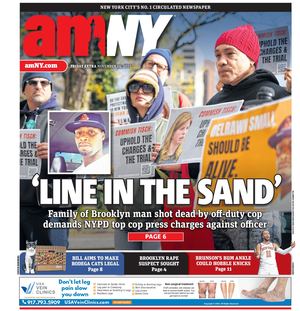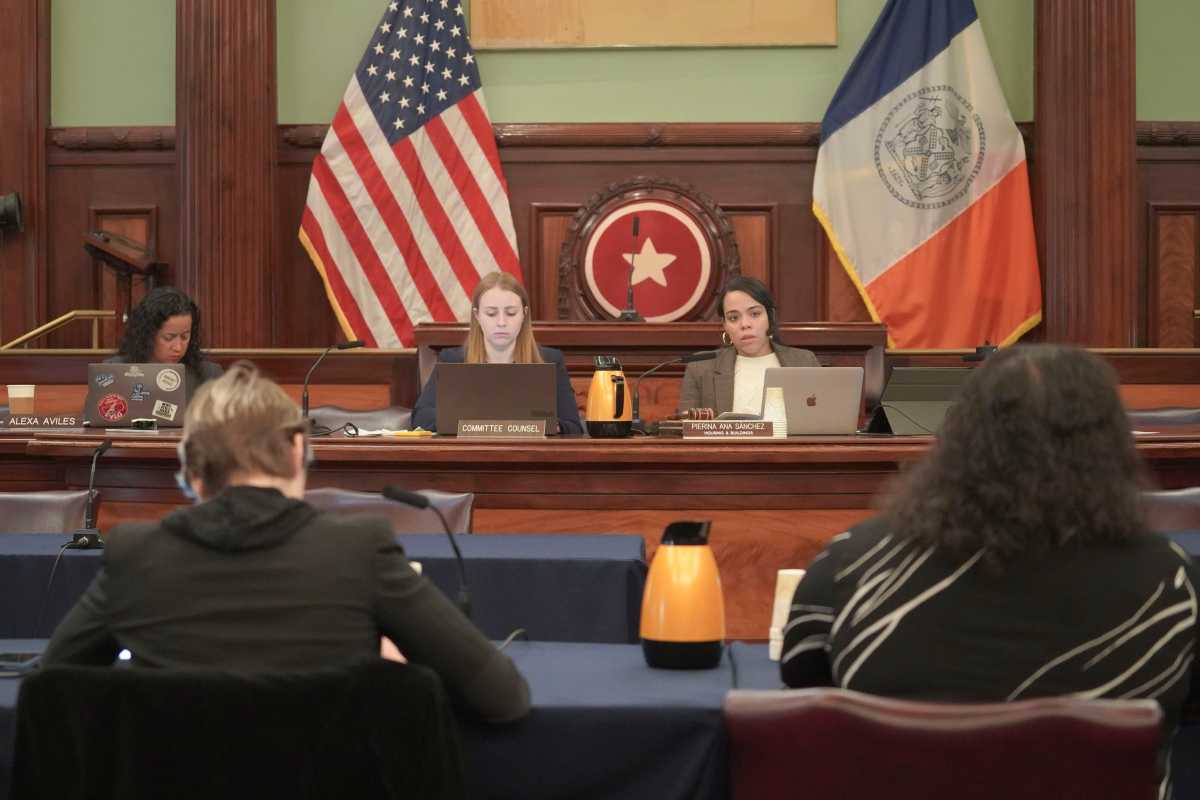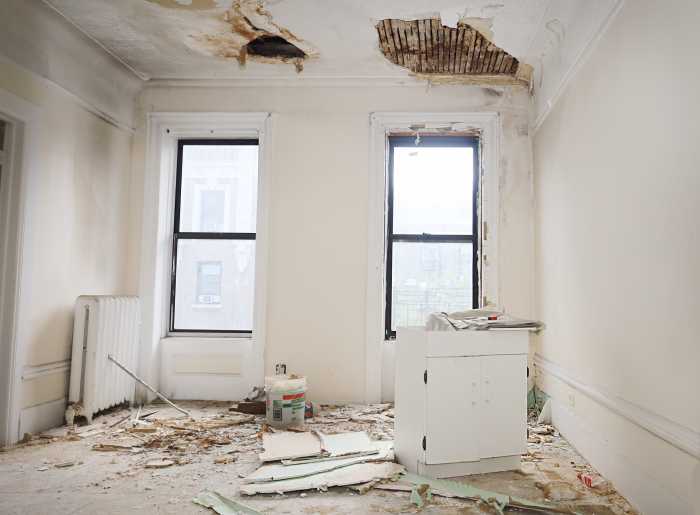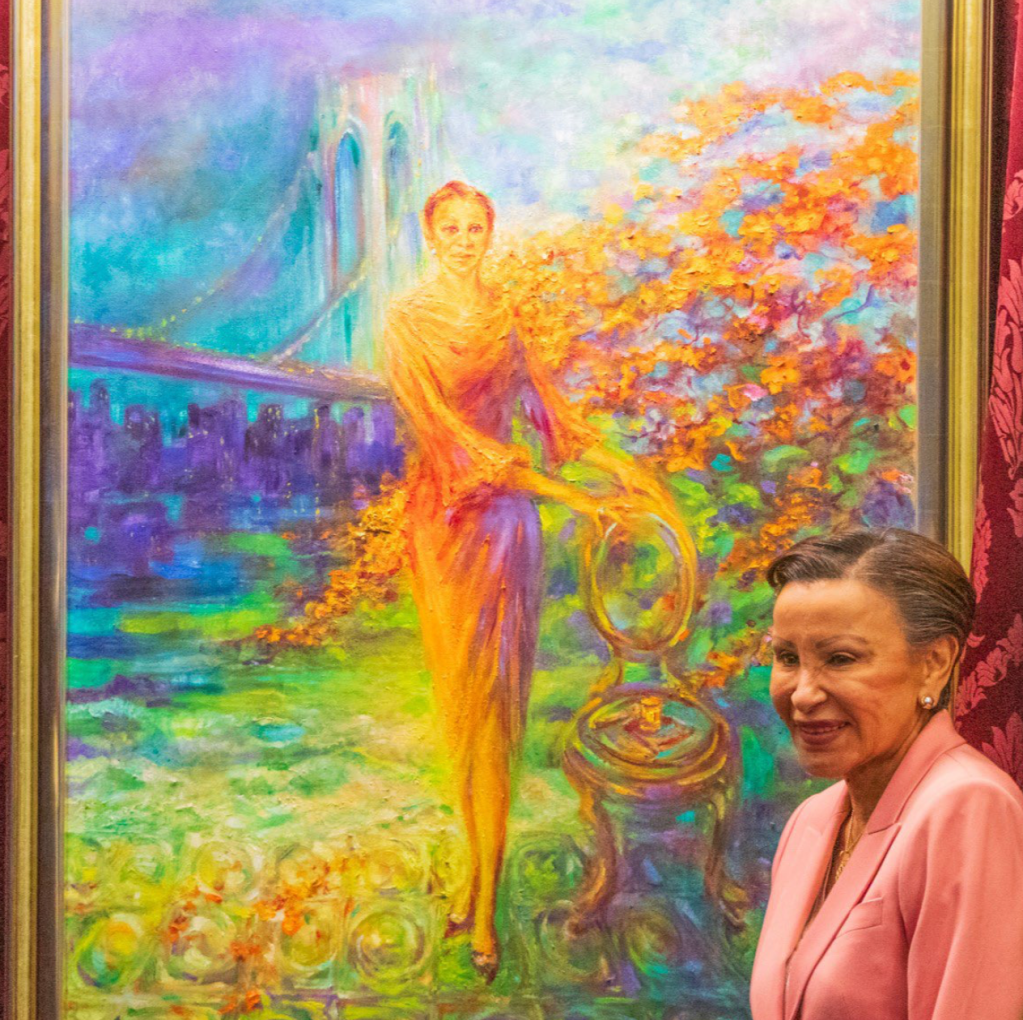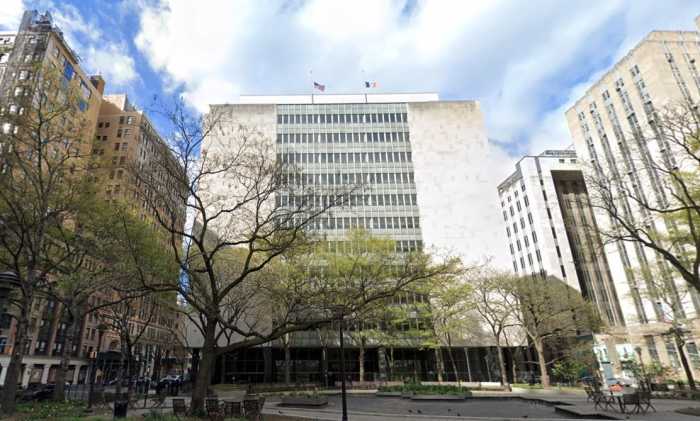NYC Council legislators hashed out some legal issues on Tuesday in a package of bills aimed at creating stronger penalties against illegal evictions, more recourse for tenants and temperature control for renters in the summer.
Even though it is illegal to evict long-term tenants without going through Housing Court, extra-judicial evictions are common in New York. Brooklyn City Council Member Sandy Nurse said that, in her experience as a legislator responding to illegal lockouts in her district, she learned that there are gaps in enforcement and the ability to get a tenant back in their residence after being unlawfully kicked out.
“There must be a better way to disincentivize illegal lockouts while also making it easier and faster for lawful occupants to regain entry and stem the flow of people to the shelter system,” she said.
The bills that Nurse has introduced would expand the definition of tenant harassment to include unlawful evictions, ensure lawful occupants without certain long-term tenants’ rights could still qualify for injunctive relief; increase penalties for unlawful evictions; and create a lock-change procedure to get tenants who were illegal locked out back in their homes.
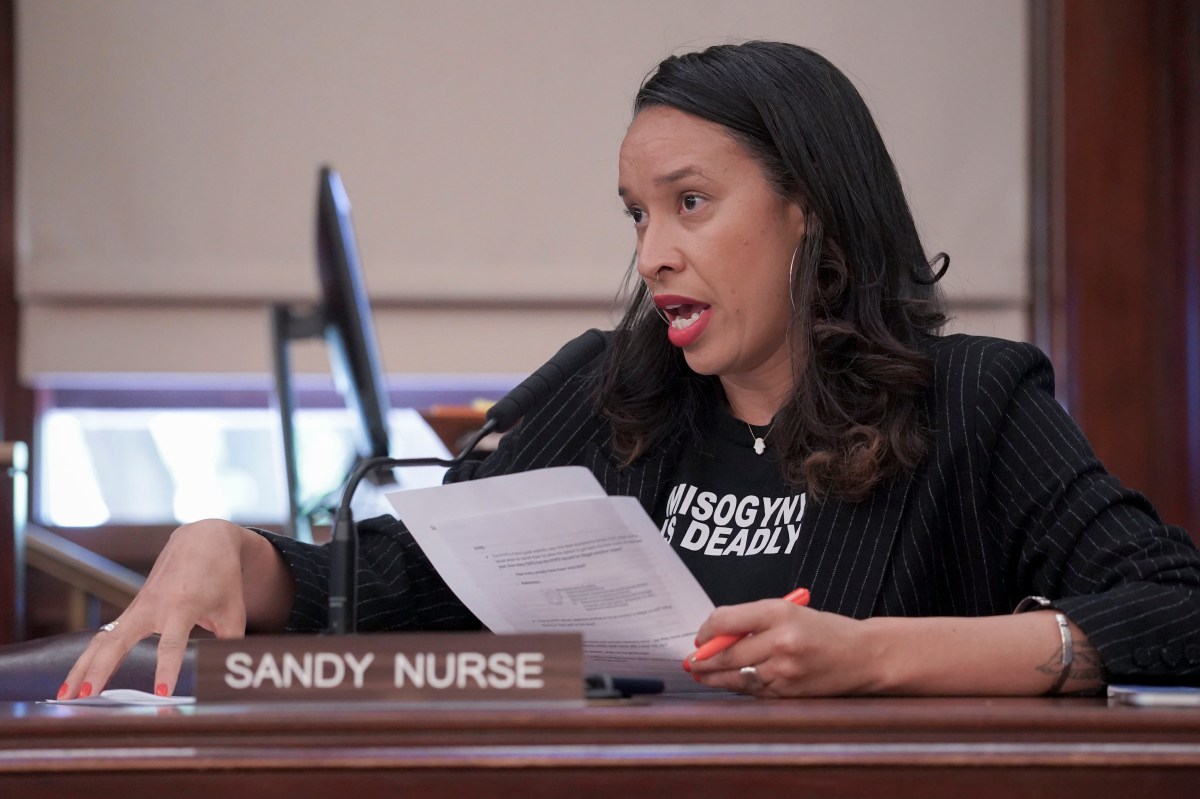
The legislation also included a resolution urging the state Legislature to pass bills requiring unlawful eviction cases to be heard within five days, and that building owners be subject to minimum temperature requirements during the summer through the installation of cooling units in residential buildings.
During the Nov. 12 hearing of the Council’s Committee on Housing and Buildings, representatives of the Department of Housing and Preservation pushed back on several of the City Council anti-lockout and tenant harassment bills for legal and procedural reasons, despite its general agreement with the legislation’s intent.
Regarding the bill that would create a procedure under which NYPD officers can change the locks on the dwellings of people who have been illegally locked out to allow them to return to their dwellings, the housing agency raised concerns that police officers often don’t have enough evidence to determine who is the rightful occupant.
“This provision could force NYPD to grant entry to someone that the true owner does not want at their house, specifically in cases of prior family disputes or domestic violence incidents,” said AnnMarie Santiago, HPD’s deputy commissioner for enforcement and neighborhood services.
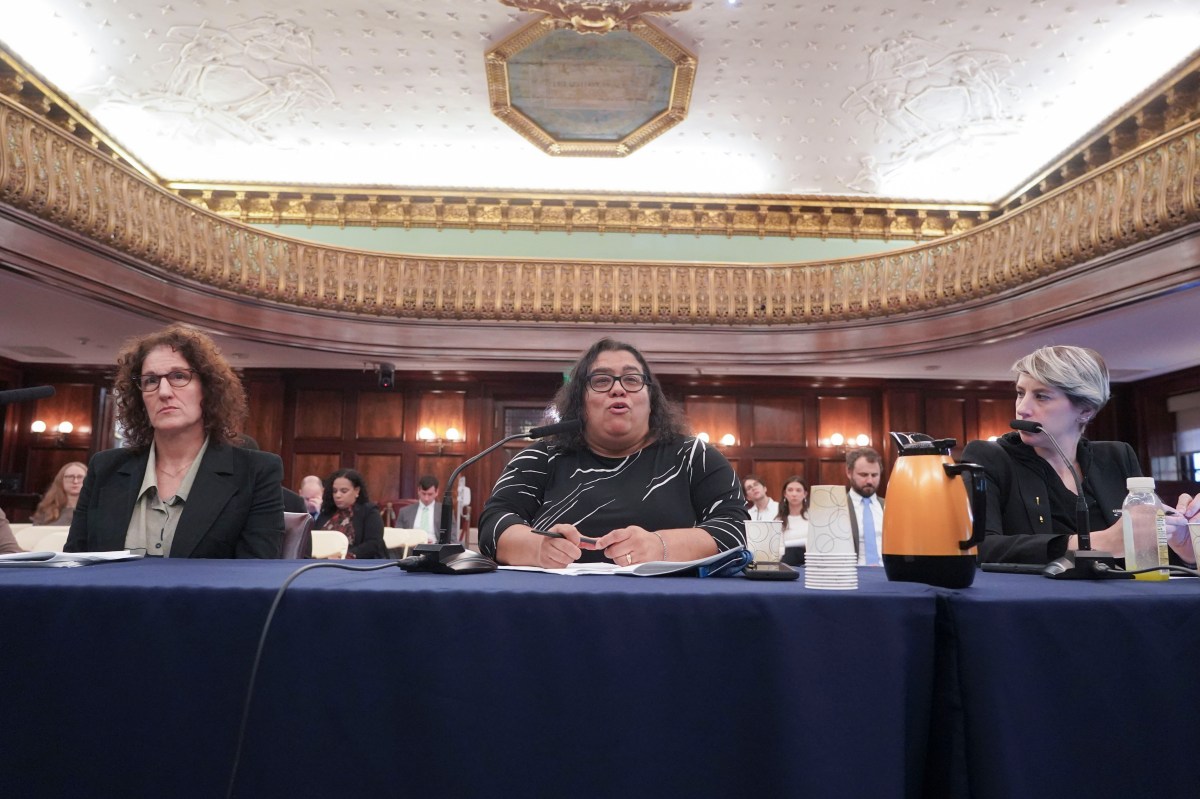
Another contention came in response to the bill aimed at providing injunctive relief for occupants without long-term tenants’ rights. Though four different housing court legal service providers testified in support of the bill, HPD maintained that the policy would change the procedure for adjudicating tenant harassment and potentially add delays to the already slow housing court system.
Bills changing the definition of tenant harassment and increasing penalties for illegal evictions met less resistance as written, but HPD said both require further consideration. Department reps argued that the former might interfere with an anti-harassment pilot program the agency will be running for the next two years. The bill increasing penalties for unlawful evictions would be under the domain of the Law Department.
HPD also agreed with the intent of legislation regarding air conditioning enforcement in the summer but pointed out several areas of concern.
“We need to consider this legislation in a way that accounts for the reality of implementation timelines, existing technology funding limitations, and the needs of our residents,” said Santiago.
